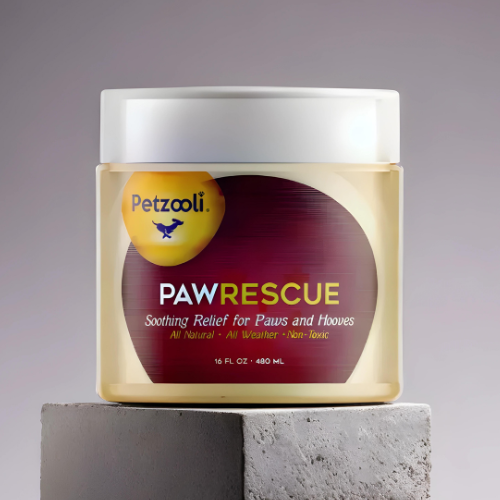
Why Dog Teeth Bleeding When Chewing Bone: All You Need to Know
Share
If you are a health-conscious pet owner, you might have noticed your dog's teeth bleeding when chewing a bone. This can be a concerning sight and raises questions about your furry friend's dental health. In this article, we will dive deep into the possible reasons behind this issue and provide valuable insights to ensure your pet's well-being.

Common Causes of Bleeding Gums in Dogs
Periodontal Disease
Periodontal disease is one of the main reasons why your dog's gums might bleed while chewing on a bone. This condition is caused by the accumulation of plaque and tartar on your dog's teeth, which can lead to inflammation and infection of the gums. Regular dental check-ups and cleanings are essential to prevent this issue.
Injury or Trauma
Another possible reason for bleeding gums can be injury or trauma. Sometimes, while chewing a hard bone, your dog might accidentally cut or bruise its gums. It is important to monitor the situation and consult your veterinarian if you notice persistent bleeding.
For more information on how long dog teeth cleaning can take, visit dog teeth cleaning.
Foreign Objects
Occasionally, foreign objects like splinters or sharp fragments from bones can get lodged in your dog's gums, causing bleeding. Always ensure that the bones you provide are safe and free from sharp edges.
Gingivitis
Gingivitis, a type of gum disease, can also result in your dog's teeth bleeding when chewing bones. This condition is characterized by swollen and red gums and can be quite painful for your pet. Proper dental hygiene practices can help prevent gingivitis.
To understand more about dental cleaning in dogs, see this resource on VCA Hospitals.

Preventive Measures for Dental Health
Regular Brushing
Brushing your dog's teeth regularly is one of the most effective ways to maintain dental health. Use a toothbrush and toothpaste specifically designed for dogs to avoid any harmful effects from human dental products.
Dental Chews and Toys
Providing your dog with safe dental chews and toys can help reduce plaque buildup and keep their teeth clean. Ensure that the products are vet-approved and appropriate for your dog's size.
Learn more about why dogs growl when showing their teeth by visiting dog growling.
Regular Vet Visits
Regular veterinary check-ups are crucial to detect any dental issues early. Your vet can provide professional cleaning and advice on maintaining your dog's oral health.

Treatment Options for Bleeding Gums
Professional Cleaning
If your dog's gums are bleeding, a professional dental cleaning might be necessary to remove plaque and tartar buildup. This procedure should be done by a qualified veterinarian.
Antibiotics
In cases of infection, your vet might prescribe antibiotics to treat the underlying cause of bleeding gums. Follow the prescribed treatment plan to ensure a full recovery.
Dietary Adjustments
Sometimes, a change in diet can help improve your dog's dental health. Consult with your vet to determine the best dietary options for your pet.
For more information on when dog teeth fall out, visit dog teeth falling out.
FAQs
Why do my dog's gums bleed when chewing bones?
Bleeding gums can be caused by periodontal disease, injury, foreign objects, or gingivitis. Regular dental care and vet check-ups can help prevent these issues.
How often should I brush my dog's teeth?
It is recommended to brush your dog's teeth at least two to three times a week. Regular brushing helps prevent plaque buildup and maintain dental health.
What should I do if my dog's gums are bleeding?
If you notice persistent bleeding, consult your veterinarian. They can diagnose the cause and recommend appropriate treatment options.
For more tips on dental care, check out this guide from the AVMA on pet dental care.
As an Amazon Associate, I earn from qualifying purchases.
